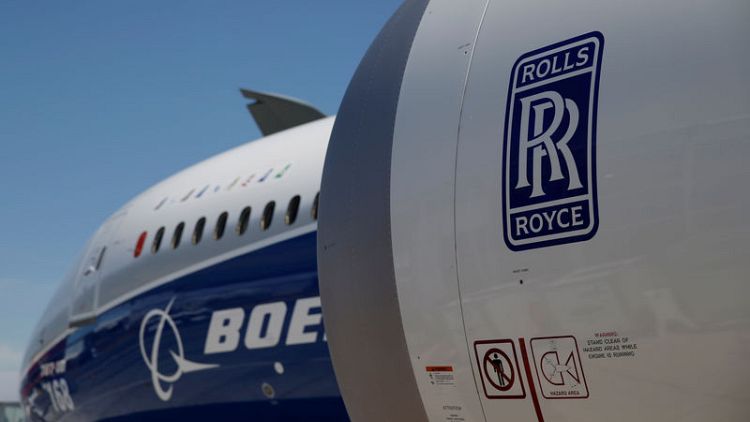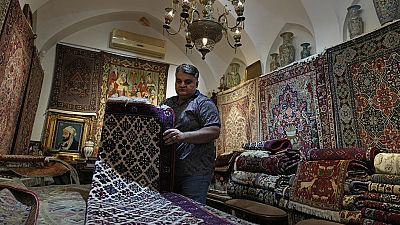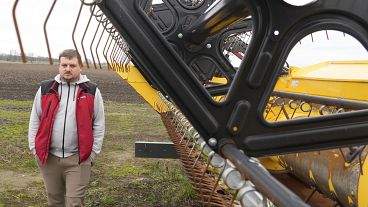By Tim Hepher
PARIS (Reuters) - Britain's Rolls-Royce has effectively moved the home for its best-known jet engine designs to Germany to avoid regulatory delays or sales disruption after Britain's European Union exit.
Rolls, one of the biggest names in British industry, said relocating the design approval process was a purely technical move and would not involve transferring jobs.
The move is the latest example of rebasing some activities to ensure smooth operations in the case of a 'no deal' Brexit when Britain is due to leave the bloc on March 29.
Officials say the move will make it easier for Rolls to continue to sell engines outside Europe following Brexit, which would otherwise have depended on new regulatory deals being struck between Britain and the nations of many airlines.
Aircraft safety and the design approvals process are among issues that Britain and the EU have yet to settle.
Rolls said in April it had applied for permission to transfer the approval process - and with it the home for its designs as far as regulators are concerned - for large jet engines to its German unit to ease the impact of Brexit.
The European Aviation Safety Agency said in a filing that it had now formally approved the request.
"Rolls-Royce has become in terms of conception a German organisation, so belonging to the EU," a European official said.
"By doing this their products continue to be European. If they had not done so, they would have been British products and in the case of a hard Brexit it would be much harder for such a product to accepted by third countries than a European one."
Certificates to be transferred include the RB211, a landmark 1960s engine whose development problems led to the company's temporary nationalisation in 1971 but whose basic architecture still drives Rolls' current Trent jet engines sold worldwide.
Rolls engines used on Airbus and Boeing widebody passenger jets will also be given a German badge for regulatory purposes.
Airbus already bases approval for its UK-designed parts or products in Toulouse, France, where it is based.
Uncertainty over design authority still surrounds smaller companies that carry out work like cabin modifications on European jets. Cabin supplies have been a bottleneck in the past three years, leading to delays in output of passenger jets.
It is unclear how the designs of these firms will be regulated, officials said.
(Reporting by Tim Hepher; Editing by Alexander Smith)



